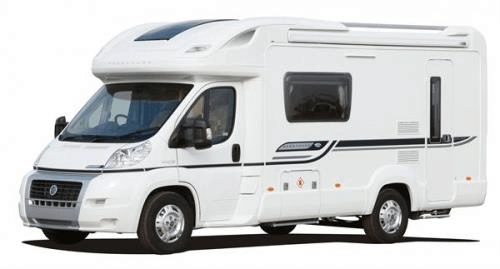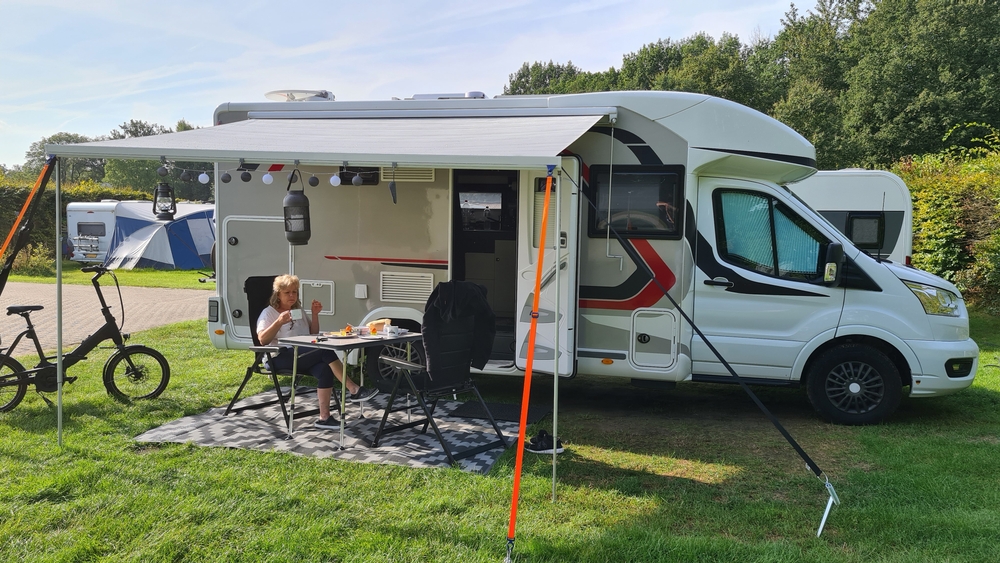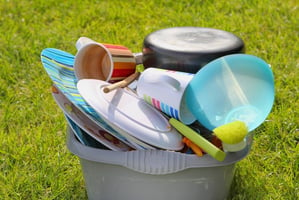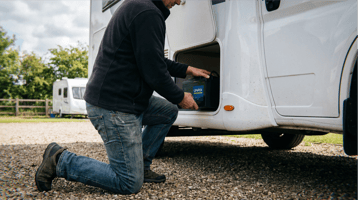When it comes to living life on the road, even the simple task of doing the washing up raises a...
Camping in the UK and abroad offers a unique opportunity to reconnect with nature, unwind from the hustle and bustle of daily life, and also create unforgettable memories with your loved ones. However, with so many campsites to choose from, finding the perfect one can be a daunting task. Fear not! In this guide, we’ll walk you through the essential factors to consider when selecting the best campsites, ensuring a memorable and enjoyable camping experience for all involved.
1. Location, location!
It’s very easy to get caught up in some of the glossy images on some camping websites, and the idyllic representation of camping they may suggest. Instead, it’s important to make sure you pick the right type of location and campsite that will suit you and your situation the best. There’s no point booking something that’s remote and halfway up a mountain if you don’t like walking, and if you like the convenience of having access to shops.
Take some time to review the area in which you are thinking of booking, considering the proximity to attractions and activities such as hiking trails or beaches, if that floats your boat - or the ease of access to shops and things to entertain the kids if that’s more what you need.
2. Check the facilities available
One of the most important things you can do in advance is assess the amenities offered at the sites you’re interested in. Assuming there are some, what do the available toilets look like? What about the shower blocks? Read the small print about the facilities that are onsite. If you are staying for an extended amount of time, you might need laundry facilities. To make life easier, see if there are electricity hookups, and drinking water available near pitches…
Do your research on what additional facilities might be available, such as playgrounds, picnic areas, BBQ areas, and also the on-site shops for convenience.
If you’ve got gaming kids - or you need to work - then the wifi coverage (or lack of) might be important to you.
Is there a drainage hookup? If applicable, are twin axle vehicles accepted on your preferred campsite? Lots to consider here.
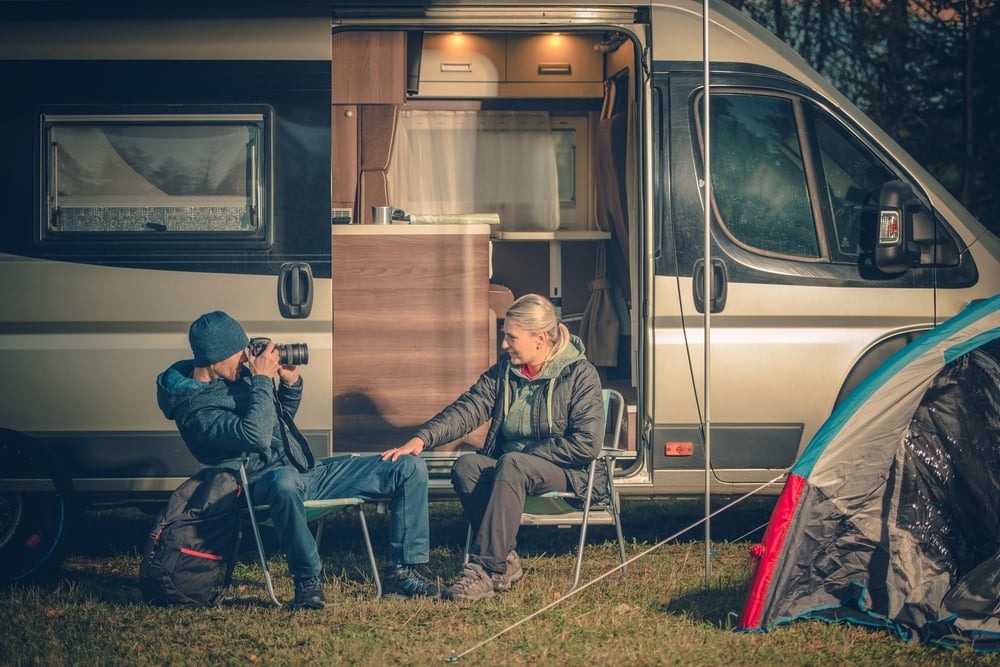
3. Read the previous reviews
Often, it’s easy to evaluate the cleanliness and maintenance of the onsite facilities through online reviews or recommendations. Have a look at camping forums on Facebook and other social media, and do a search on review websites, to get first-hand experiences and recommendations. It’s a good idea to pay attention to the most recent reviews to gauge the current condition and quality of the campsite and what they have to offer. You can also seek recommendations from friends, family or fellow campers who have visited the area before.
By doing all these things you can also get an idea on what type of camper tends to go there - is it mostly couples looking for peace and quiet, or are there lots of families which suggests it might be noisier and livelier for the kids?
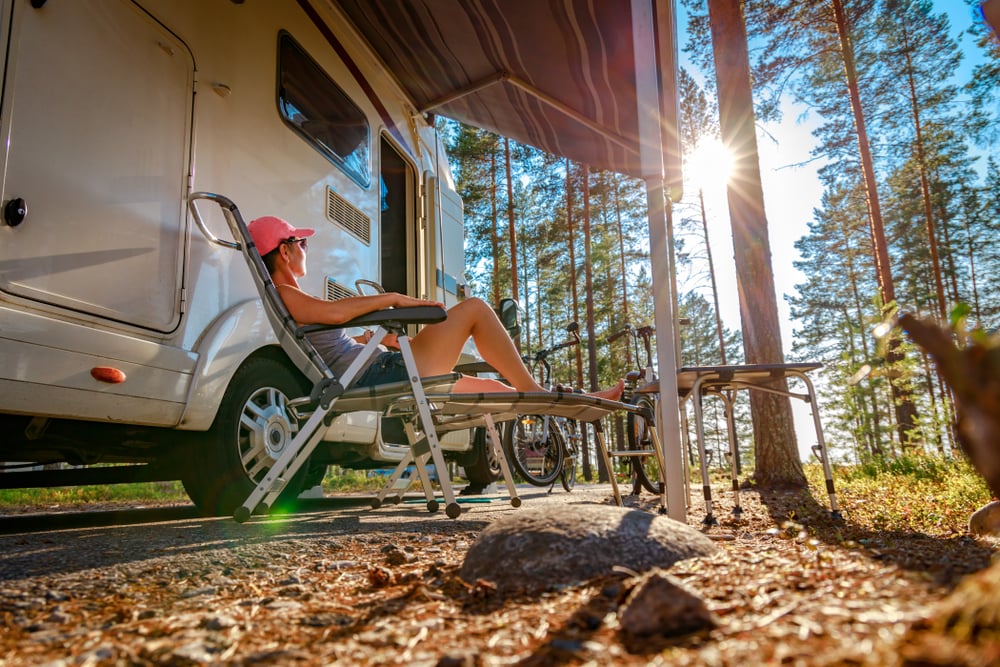
4. Campsite policies and rules
Familiarise yourself with the campsite’s policies regarding noise, pets, fires and waste disposal. Does it look like they have a good plan in place for all of the above? Do they have a system in place for recycling, and can you gauge if they seem to have respect for the area in which they are located, in order to preserve and protect the natural surroundings? The last point might seem like going a bit overboard, but this is important for the camping industry as a whole, for long term sustainability and for not harming the environment.
On a personal level, have a look at their rules for campers, to ensure you comply with any specific requirements they have for motorhome size, vehicle access and other camping equipment before you turn up and get a nasty surprise. Do check first if pets are allowed, and where they can go with you onsite.
5. Get the best pitch for your party
If you can see a map layout, that’s a really good start for booking the best pitch - you don’t want to be too far from the toilets and washing up area, but also not too close to avoid the night-time noise from people passing by.
Be aware that on some camping websites, group bookings of over two motorhomes may not be allowed, and therefore you might not be able to get adjacent pitches to each other if booking at the same time. Check the pitch sizes available, and check if you can also use an awning/gazebo when there. You will likely want some space outside to sit, so do factor that into the size of the pitch that you go for.
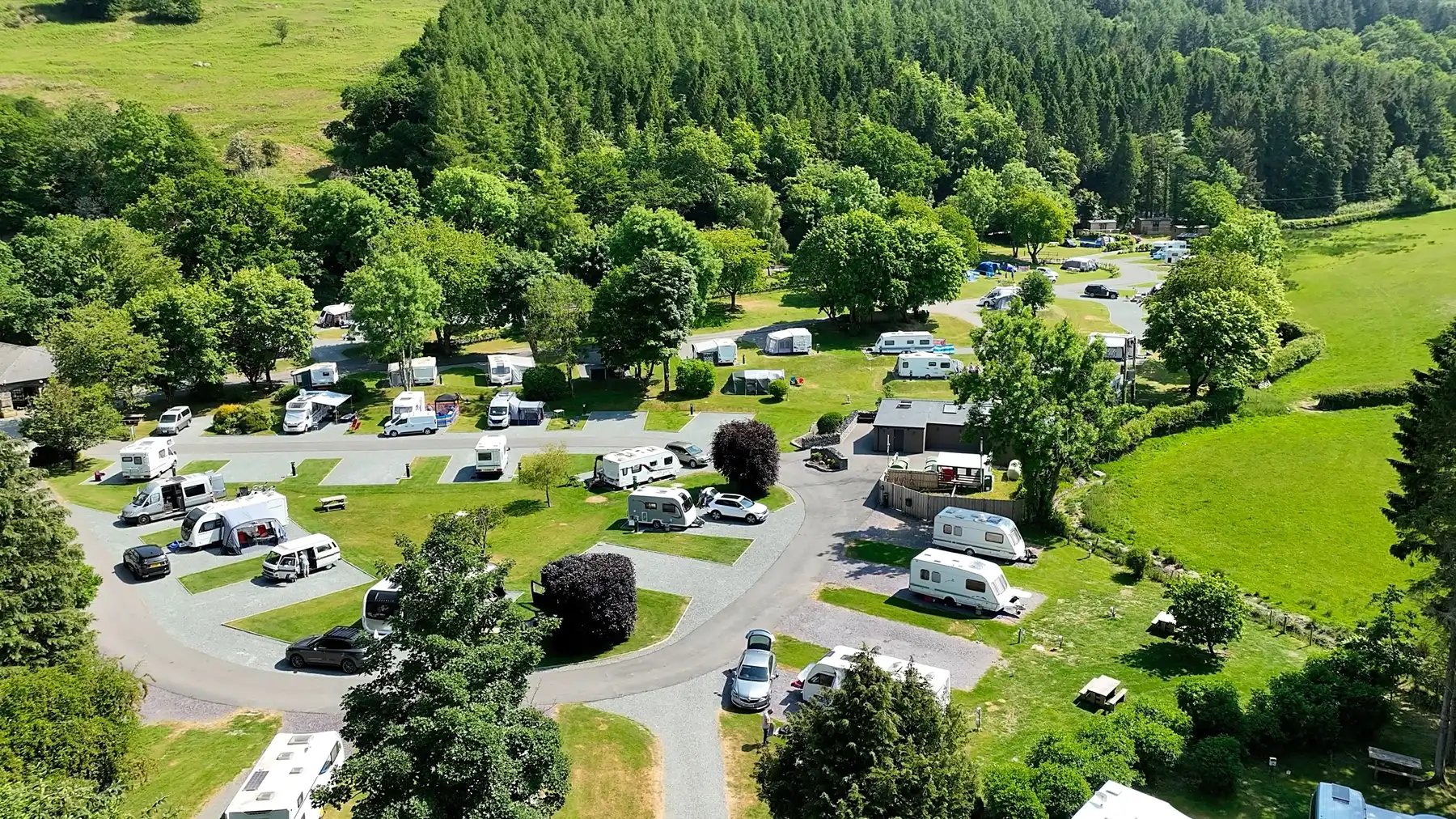
6. Safety and security
Again, this can be gauged from the reviews that you look at. Prioritise campsites with adequate lighting, secure entry points, and on-site staff if possible. See if there are any site hazards that might be a problem for you - for example, you might like to avoid those near deep water if you have young kids. If you have medical needs, find out in advance where the nearest doctors/hospital is.
7. Maximise your budget with the right campsite
Before you even start looking, set your budget for pitch fees, equipment rentals, and any additional expenses such as eating out and activities. Look for special offers, discounts, or loyalty programs that you can join to help you save on campsite expenses. Which leads us on to the next point…
8. Book early if you can
Book your campsite well in advance, especially during peak seasons, to secure your preferred dates and location - you can often get the best deals this way. Have a look at camping booking sites such as pitchup.com to find the best places and prices.
9. Check accessibility
Bear in mind how accessible the campsite is, in terms of getting around, especially if you’re traveling with children, those with disabilities or elderly campers.
10. Choose somewhere with the right ground surface
Very important, this bit - don’t get stuck in the mud! In warmer weather you can often get away with parking on grass pitches, particularly if the ground is dry and hard. Normally though, it’s best to choose a hardstanding pitch, as motorhomes can easily become stuck in waterlogged grass and mud.
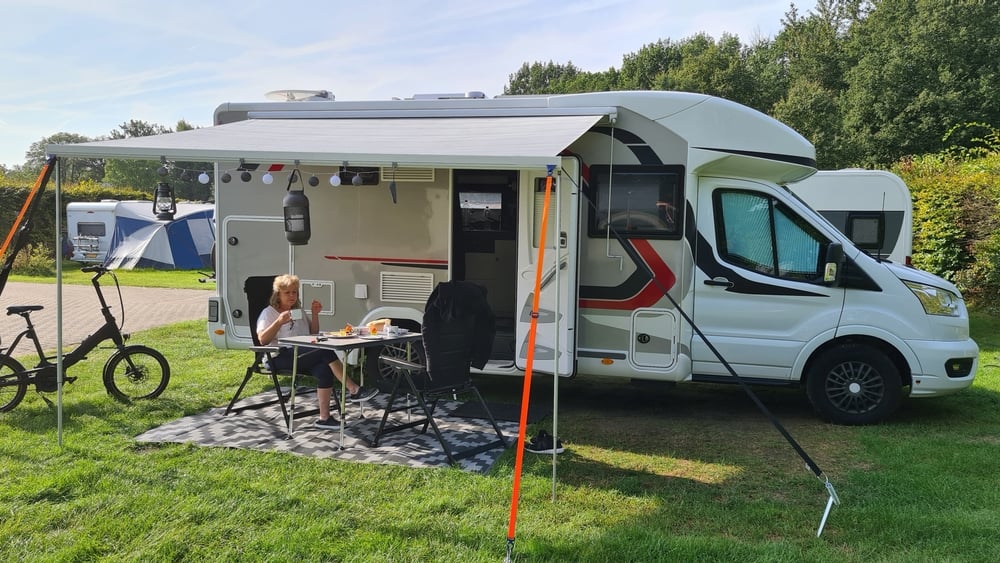
Choosing the best campsites involves careful consideration of factors such as location, facilities, rules, safety and the reviews of past visitors. By following these guidelines, you can ensure a memorable and enjoyable camping experience in the natural beauty of the countryside. So get searching, and then gather your camping gear and embark on an adventure to discover the perfect campsite for your next outdoor getaway in your motorhome!


